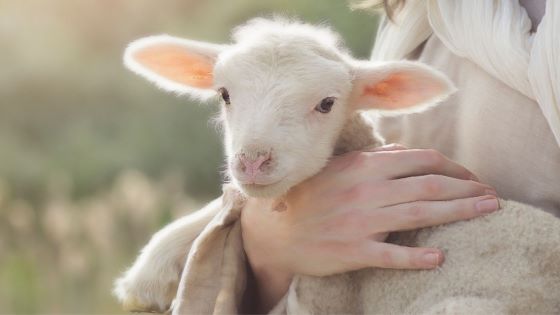Psalm 23: The Shepherd’s Song
Many Christians are familiar with Psalm 23, also known as the “Shepherd’s Song.” It is often used by preachers and ministers to encourage and comfort people who are going through difficult and trying times. We live in a society where most people are engulfed with fear and anxiety for what the future holds for them. … Read more

